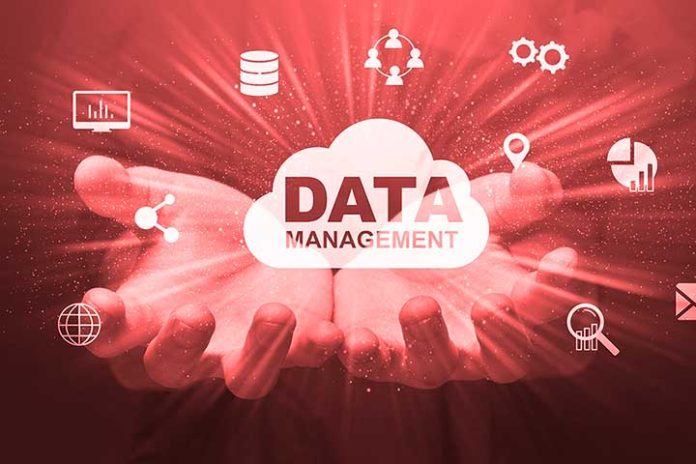Data is at the heart of any business. Its treatment is an essential but complex project. This challenge can only be met by moving from infobesity to the management of “useful” information. Any company must set up data governance in order to optimize its information assets.
The massive and anarchic collection of information does not bring any value. Today more than ever, companies must have a strategic, structured and relevant approach to all their data. It is a question of taking advantage of its informative heritage.
The most successful companies pay particular attention to this asset. Not as an afterthought, but rather as a central part of defining, designing and building their information systems and databases.
The way a company uses and manages data is just as important as the solutions chosen to integrate it into its Information System. These fundamental objectives make it possible to exploit the data by transforming them into useful information. This is when they create value.
The cycle of life
But successfully leveraging data and information assets is not straightforward. It is a complex project. It requires proactive management based on specific policies and skills throughout the data lifecycle. It should be remembered in passing that this long-term data management is an obligation in order to comply with the GDPR.
The General Data Protection Regulation (personal) insists on the fact that all the professions concerned must ensure the security of this said data throughout its life cycle.
Beyond this new constraint, companies must rely on the GDPR precisely to set up data governance.
This approach is based in particular on MDM (Master Data Management), in close collaboration with the DPO. This Data Protection Officer (or Data Protection Officer) is a key position for the GDPR.
The objective of the MDM is to constitute a quality reference system. Four steps have priority:
- Identification of the company’s information assets: It is essential to know where the reference data are;
- Defining the quality of decision-making data: this step consists of sorting them according to their qualities: accessibility, validity, precision and usefulness;
- Data preparation: a lot of information contains errors. Their verification and their compliance are a long and costly operation. It is therefore recommended to give priority to the processing of essential data. They must be checked, consolidated, cleaned of outliers, completed missing values and then put them into shape;
- The definition of a mode of consumption of these data which is in coherence with the constraints, the objectives of the organization, but also the internal and external uses.
Culture data-driven
To meet these challenges, data management must be considered as a more or less long and more or less complex “administrative” process. It includes the acquisition, validation, storage, protection and processing of data. All these steps are essential to ensure the accessibility (as efficiently as possible), the reliability and the timeliness of the data for the different business lines of the company.
This project is ambitious and may seem daunting for many companies that do not yet have this vision. But the time spent planning and implementing effective data management pays off far more than the costs of implementing it!
For those responsible for the Information System, these processes involve relying on certain essential cogs.
- Data lakes: Integrating similar and disparate information into data warehouses can create new assets and improve decision-making. Data can be structured, unstructured, or both.
- Business Intelligence solutions: shared between the different collaborators, BI solutions produce very detailed and contextual analyses. They make it possible to discover new perspectives and to design predictive models.
- A data architecture: the data structure must meet business requirements, but also regulations specific to the business sector of the company.
The current context forces us to break habits. It also calls into question many practices that are no longer suitable, in particular with regard to the GDPR which obliges companies to only process data “strictly necessary” for their activity!
Companies need to build a data-driven culture. This objective requires an Agile adaptation of individuals and teams.
Also Read: Improve Customer Relationships With A Master Data Management

